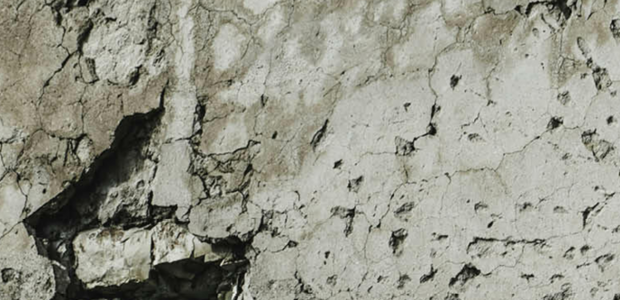
Project
 From conflict to cohesion – pathways for peace and inclusive statebuilding
From conflict to cohesion – pathways for peace and inclusive statebuilding
Theme: Peace
This article introduces the Mapping Attitudes, Perceptions and Support (MAPS) dataset, which provides rich survey data from more than 12,000 respondents in Colombia. Our panel survey – carried out in two separate waves in 2019 and 2021 – is...
We analyse how inward foreign direct investment (FDI) received amid ongoing violence shapes armed conflict. We argue that FDI affects patterns of violence by influencing the state’s counterinsurgency strategy. To prevent disinvestment, governments...
This article examines the complex local dynamics of armed violence in post-war Abkhazia. Drawing on in-depth interviews with the Abkhaz participants and non-participants in this violence and a range of secondary materials, it adapts the conceptual...
Armed conflicts significantly affect the social and economic conditions of societies in turmoil, disrupting the normal functioning of local economies. This study seeks to delve into the repercussions of armed conflicts on the dynamics of local...
This paper analyses the impact of armed groups and their taxation practices on the municipal fishing sector of the Zamboanga Peninsula in Mindanao, Philippines. Leveraging novel qualitative and quantitative data, we find clear evidence of armed group...
The impact of conflict on taxation and development has long been debated. Most studies suggest that conflict will have a depressive effect on state tax collection, negatively impacting economic growth and development. After reviewing the existing...
A growing literature has documented widespread variation in the extent to which insurgents provide public goods, collect taxes, and regulate civilian conduct. This paper offers what is, to our knowledge, the first study of the long-term economic...
As COVID-19 spread worldwide, armed groups in control of territory were called to address the health emergency. However, our knowledge in this regard is limited. Specifically, it remains poorly understood why different armed groups responded to the...
What distinguishes post-war governments that succeed in establishing a stable political order and prevent recurring conflict from those that do not? This comparative study considers the specific threats that typically lead to the collapse of the post...
Terrorist and other types of armed groups often exploit natural and human-made disasters and emergencies to advance their causes. This paper studies how some armed groups have responded to two recent global emergencies—climate change and the COVID-19...
Rebels, militias, and criminal groups all govern civilians. Governing strategies adopted by armed groups during civil war likely influence citizens’ post-conflict political participation, with consequences for democratic politics.We theorize that an...
What accounts for armed violence in the aftermath of civil war? Efforts to develop a comprehensive framework to understand this phenomenon have been made in the literature. Yet existing studies have in general looked at distinct pre-war, wartime, and...
This paper investigates how armed groups affect the organization of local communities during armed conflict in Colombia. We estimate the effect of communities’ exposure to armed groups with an econometric specification that takes into account...
This paper studies the legacies of wartime institutions, measured as rebelocracy, on the ability of households to cope with negative income shocks. Rebelocracy is the social order established by non-state armed actors in the communities they control...

In post-conflict settings, the ability to collect taxes is essential for building a strong government and supporting long-term development. In...

The recognition of disputed territories as independent states rarely brings underlying conflicts to an end. Instead, fully, and partially, recognized...

Last week we woke up to a conflict that had echoes of the Second World War, the Cold War, and the last two decades of hybrid conflict all mixed into...

The Russian invasion of Ukraine has been fast shifting into a new phase, one many observers have noted is marked by increasing levels of Russian...
Russia’s war of aggression on Ukraine has catalysed the European Union (EU) — criticised as a paper tiger yet acknowledged to evolve through crises —...

Shock over the Russian invasion of Ukraine on 24 February 2022 continues to be felt. The heroic behaviour of Ukrainian President Volodymyr Zelenskiy...

Russia’s invasion of Ukraine has rightly stirred outrage against an act of naked aggression, and sympathy for the plight of ordinary Ukrainians forced...

The price and availability of energy is fundamental to the health of the global economy. The Russia–Ukraine war is intensifying an energy shock that...